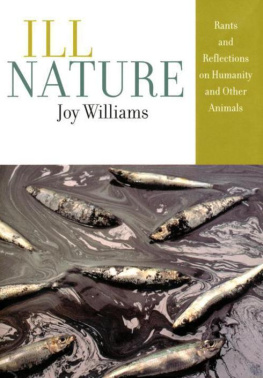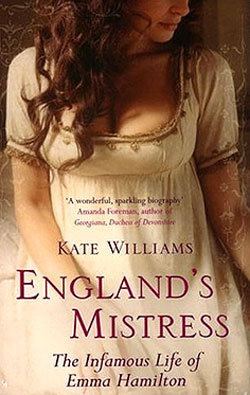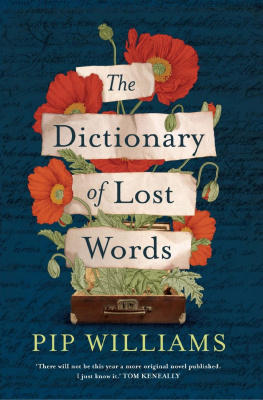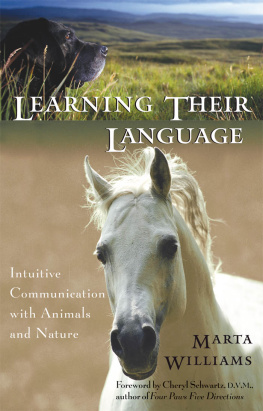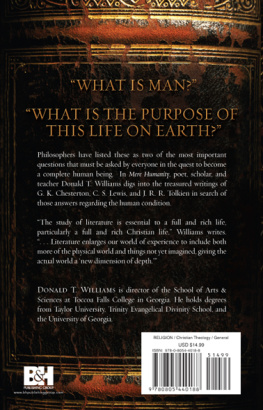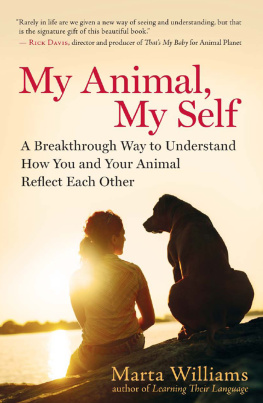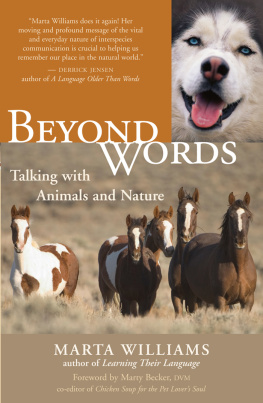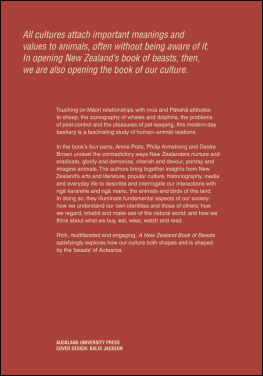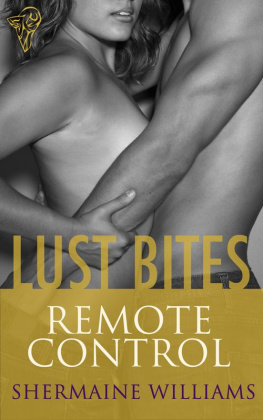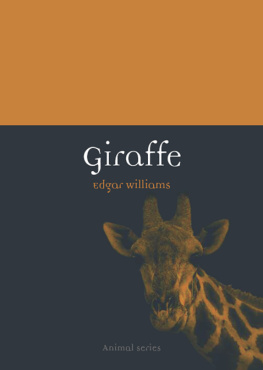
To Richard Ford
ix
THE ESSAYS, some in different form, first appeared in magazines, as follows:
"Save the Whales, Screw the Shrimp" and "The Killing Game" appeared in Esquire magazine. "Sharks" appeared in a much longer form as "The Bad News About Sharks" in Esquire. "Electric Chair" appeared in a much longer form as "The Angel of Death Row" in Esquire.
"The Case Against Babies" and "Hawk" appeared in Granta.
"Safariland" appeared in Outside magazine. "Neverglades" appeared in a much longer form in Outside.
"The Animal People" appeared as "The Inhumanity of the Animal People" in Harpers magazine.
"Suicide" appeared in a much longer form as "The Love Song of Wendy O. Williams" in Spin magazine.
"Coral Castle" appeared in Nest.
"Cabin Cabin" appeared in a much longer form in Joe magazine.
"One Acre" appeared in Harper's.
"Wildebeest" appeared in The Black Warrior Review.
"Cats" appeared in River City Magazine under the title "Cruiseship."
"Why I Write" first appeared in Oxford American but was originally commissioned for the anthology Why I Write edited by Will Blythe (Little, Brown), where it subsequently appeared.



I DON'T WANT to talk about me, of course, but it seems as though far too much attention has been lavished on you lately-that your greed and vanities and quest for self-fulfillment have been catered to far too much. You just want and want and want. You believe in yourself excessively. You don't believe in Nature anymore. It's too isolated from you. You've abstracted it. It's so messy and damaged and sad. Your eyes glaze as you travel life's highway past all the crushed animals and the Big Gulp cups. You don't even take pleasure in looking at nature photographs these days. Oh, they can be just as pretty as always, but don't they make you feel increasingly ... anxious? Filled with more trepidation than peace? So what's the point? You see the picture of the baby condor or the panda munching on a bamboo shoot, and your heart just sinks, doesn't it? A picture of a poor old sea turtle with barnacles on her back, all ancient and exhausted, depositing her five gallons of doomed eggs in the sand hardly fills you with joy, because you realize, quite rightly, that just outside the frame falls the shadow of the condo. What's cropped from the shot of ocean waves crashing on a pristine shore is the plastics plant, and just beyond the dunes lies a parking lot. Hidden from immediate view in the butterfly-bright meadow, in the dusky thicket, in the oak and holly wood, are the surveyors' stakes, for someone wants to build a mall exactly theresome gas stations and supermarkets, some pizza and video shops, a health club, maybe a bulimia treatment center. Those lovely pictures of leopards and herons and wild rivers-well, you just know they're going to be accompanied by a text that will serve only to bring you down. You don't want to think about it! It's all so uncool. And you don't want to feel guilty either. Guilt is uncool. Regret maybe you'll consider. Maybe. Regret is a possibility, but don't push me, you say. Nature photographs have become something of a problem, along with almost everything else. Even though they leave the bad stuff out-maybe because you know they're leaving all the bad stuff out-such pictures are making you increasingly aware that you're a little too late for Nature. Do you feel that? Twenty years too late? Maybe only ten? Not way too late, just a little too late? Well, it appears that you are. And since you are, you've decided you're just not going to attend this particular party.
Pascal said that it is easier to endure death without thinking about it than to endure the thought of death without dying. This is how you manage to dance the strange dance with that grim partner, nuclear annihilation. When the U.S. Army notified Winston Churchill that the first A-bomb had been detonated in New Mexico, it chose the code phrase BABIES SATISFACTORILY BORN. So you entered the age of irony, and the strange double life you've been leading with the world ever since. Joyce Carol Oates suggests that the reason writers-real writers, one assumes-don't write about Nature is that it lacks a sense of humor and registers no irony. It just doesn't seem to be of the times-these slick, sleek, knowing, objective, indulgent times. And the word environment. Such a bloodless word. A flat-footed word with a shrunken heart. A word increasingly disengaged from its association with the natural world. Urban planners, industrialists, economists, developers use it. It's a lost word, really. A cold word, mechanistic, suited strangely to the coldness generally felt toward Nature. It's their word now. You don't mind giving it up. As for environmentalist, that's one that can really bring on the yawns, for you've tamed and tidied it, neutered it quite nicely. An environmentalist must be calm, rational, reasonable, and willing to compromise; otherwise, you won't listen to him. Still, his beliefs are opinions only, for this is the age of radical subjectivism. Some people might prefer a Just for Feet store to open space, and they shouldn't be castigated for it. All beliefs and desires and needs are pretty much equally valid. The speculator has just as much right to that open space as the swallow, and the consumer has the most rights of all. Experts and computer models, to say nothing of lawsuits, can hold up environmental checks and reform for decades. The Environmental Protection Agency protects us by finding "acceptable levels of harm" from pollutants and then issuing rules allowing industry to pollute to those levels. Any other approach would place limits on economic growth. Limits on economic growth! What a witchy notion! The EPA can't keep abreast of progress and its unintended consequences. They're drowning in science. Whenever they do lumber into action and ban a weed killer, say (and you do love your weed killers-you particularly hate to see the more popular ones singled out), they have to pay all disposal costs and compensate the manufacturers for the market value of the chemicals they still have in stock.

